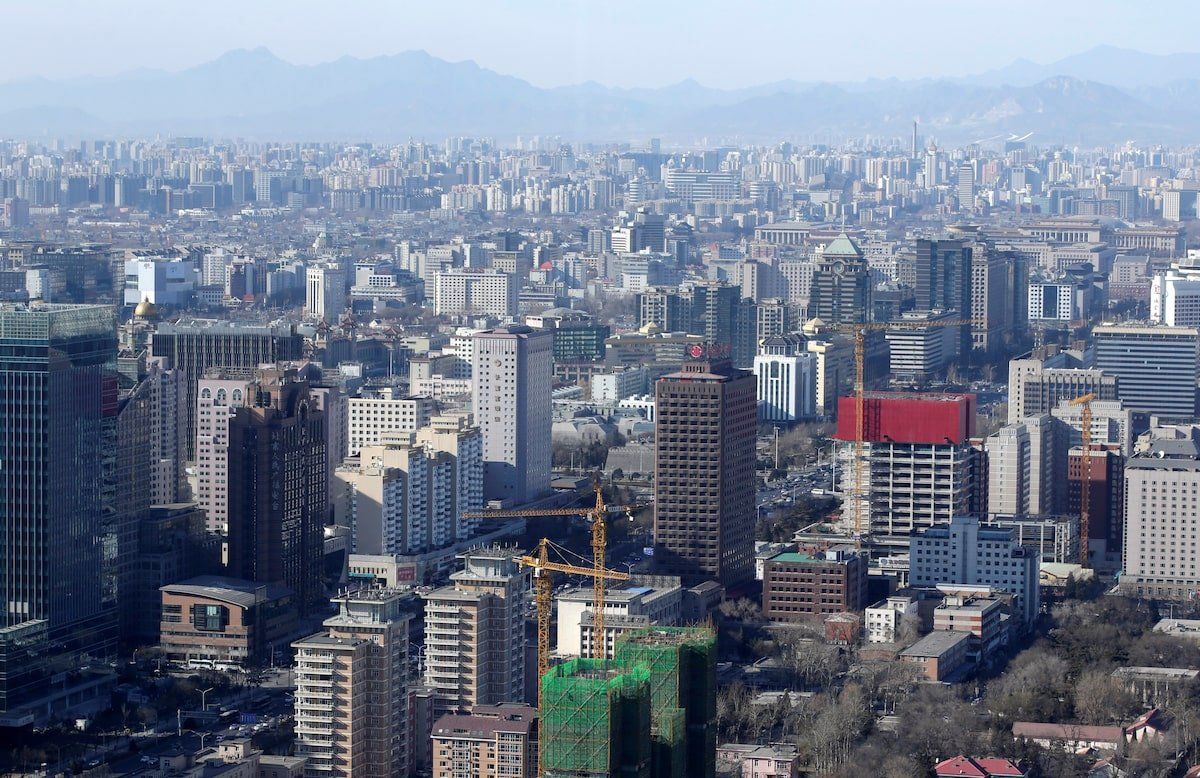Hard Numbers: Chinese house prices drop, Maryland governor pardons cannabis convicts, Nuclear spending soars, Putin visits Kim, Record migration through Mexico
3.9: China reported Monday that home prices across the country fell at a faster rate in May than at any time since last summer. They’ve dropped3.9% since last May, and they’ve now reached their lowest level since 2014. Housing prices are especially sensitive in China because property was once a primary engine of high growth, but the sector is now deeply in debt.
175,000: Maryland Gov. Wes Moore signed an executive order on Monday to pardonmore than 175,000 cannabis-related convictions. The use of marijuana remains a crime at the federal level, but 24 states have legalized it and another 14 allow marijuana use for medical purposes.
3,000: A nuclear watchdog reports that the world’s nine nuclear-armed states together spent $91.4 billion in 2023. That’s nearly$3,000 per second. The report says the United States spent $51.5 billion, which is “more than all the other nuclear-armed countries put together.” China spent $11.8 billion. Russia spent $8.3 billion.
24: Russia’s Vladimir Putin arrived in Pyongyang today for a two-day visit with North Korean leader Kim Jong Un. It’s Putin’sfirst trip to the DPRK in 24 years, and he and Kim are expected to reaffirm the friendship between their countries. Putin is likely to want ammunition (and maybe some soldiers) for his war in Ukraine. Kim would like to have Russian technologies that can boost his country’s missile program.
177: The Mexican government reported Sunday that some1.39 million people from 177 countries traveled through Mexico so far this year trying to reach the United States without entry papers. For reference, the United Nations has 193 member states.
